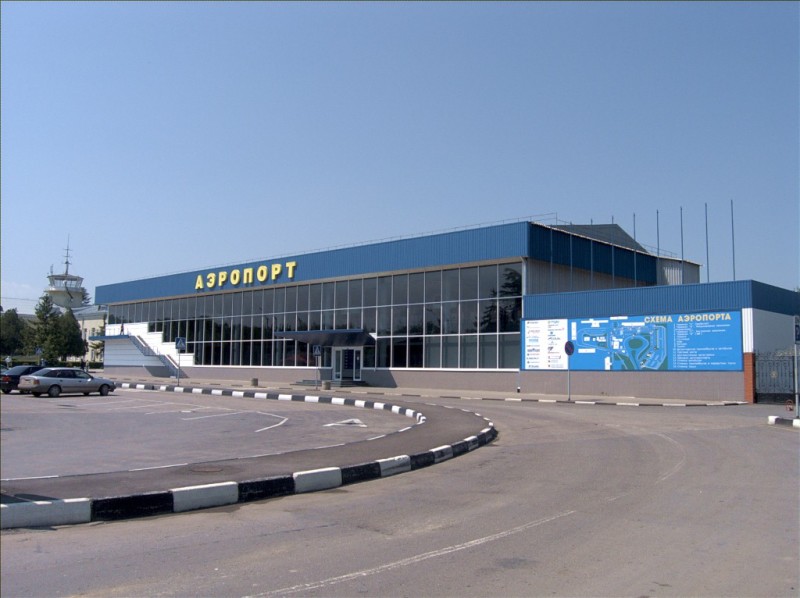
Escape from Crimea
Escape from Crimea – My epic journey
In March, I traveled to the Crimea. I arrived at the 1,000-room Yalta Intourist to speak at a Black Sea International Tourism Forum without any idea of what was about to happen.
“There was substantial attendance and TV crews for the opening session that afternoon, Conference speakers came both from the Crimea and other Black Sea destinations.
On the Wednesday morning, I gave a presentation on the new and emerging markets for the Black Sea region. Talking afterwards to Crimea’s Minister of Tourism I don’t think he had any inkling of the seizure of Crimea’s Parliament that was to come that night.
The two days following the Conference were a chance to see some of the sights of Crimea. I visited the Livadia Palace which was a reminder, not just of the famous 1945 meeting between Churchill, Stalin and Roosevelt, but also the Russian heritage of Crimea. The Palace was built in 1911 as a summer home for the Tsar.
On the Friday, with my guide and driver we passed the villa where in 1991 Gorbachev found himself under house arrest, the subject of an attempted coup. Another reminder of how popular the Crimea has been as a holiday destination for Russian leaders.
Approaching Balaclava to visit the legendary battle site of 25 October 1854 we encountered our first road block, manned by pro Russian Crimeans. My driver and guide skilfully kept the attention on themselves and not on the foreigner sitting on the opposite side of the vehicle.
We decided to try getting into Sevastopol, home of the Russian and Ukrainian navies. In the centre of town we got stuck in a traffic jam, caused, it turned out, by some 700 Russian supporters outside the City Hall..
After another roadblock, we reached my hotel close to Simferopol airport at 16:00, ready for a 07.00 flight home on the Saturday morning. At this point the FCO travel advice was still advising against travel to Crimea unless essential. Hours later it changed – all British nationals were to leave Crimea immediately. The BBC announced the closure of Crimean air space for 24 hours. A few minutes later an email arrived offering an overnight car ride to Odessa.
By 21.00 I was at Simferopol airport, with shadowy machine gun equipped figures in the background. We left immediately, not knowing if we would get out of Crimea or not.
Passing through the check point at Crimea’s border with the rest of Ukraine was a nail biting experience. Unlike the checkpoints earlier in the day this one had serious military types wearing balaclavas to prevent any form of identification. Delight hardly describes how I felt as we managed to pass and by 04.30 we were at Odessa Airport.
Of all the people I spoke to in Crimea, none thought there was any kind of threat to the Russian population of Crimea or any need for any kind of intervention. Universally they were fearful of the future.
Thanks very much to the BBC without whom I wouldn’t have known about the airport closing and to the FCO who did a good job of trying to keep their website up to date in a rapidly changing situation. It is in crises like these that this kind of information comes into its own.”